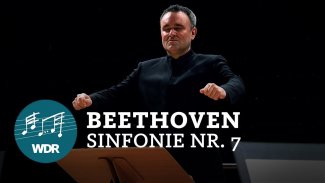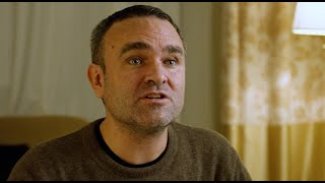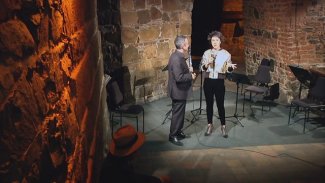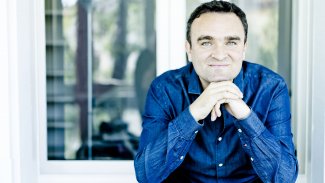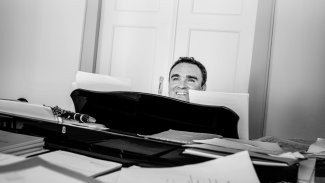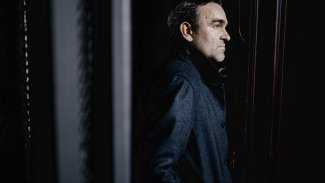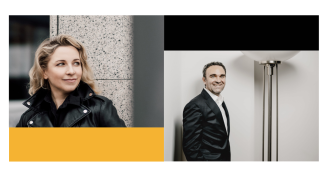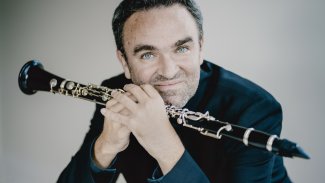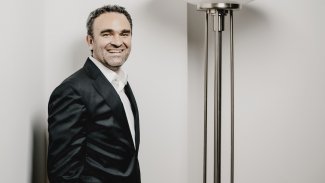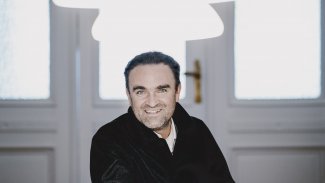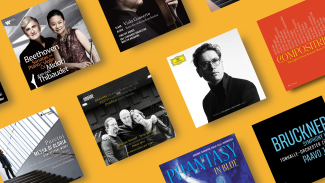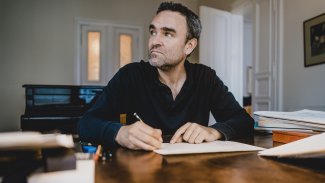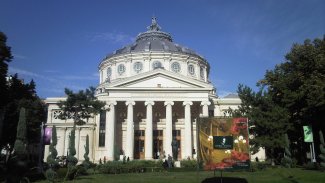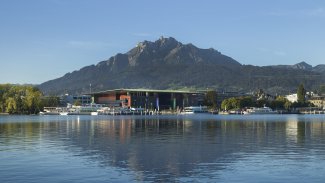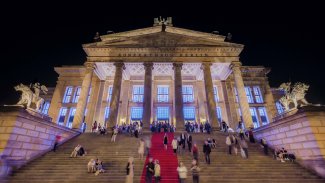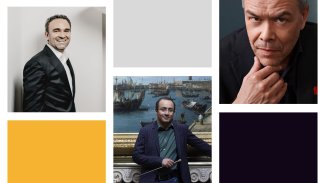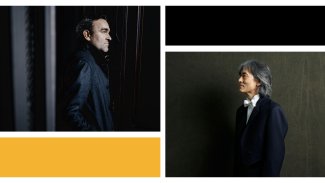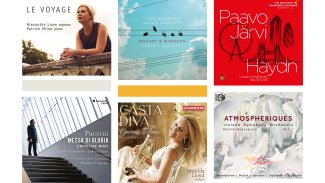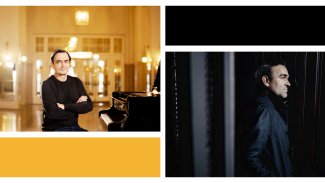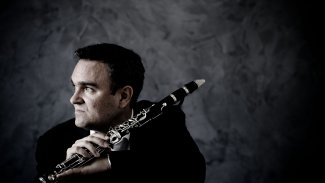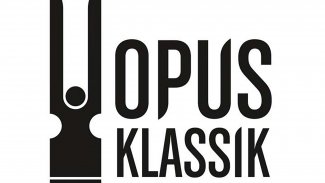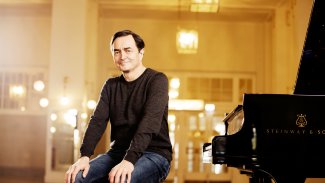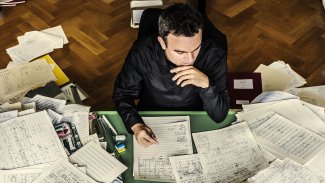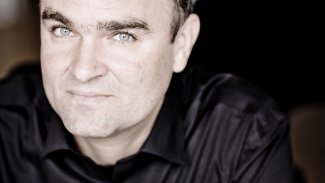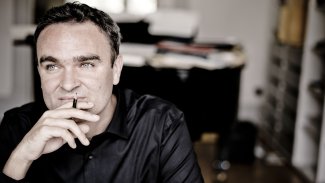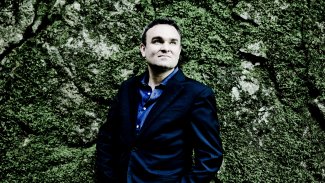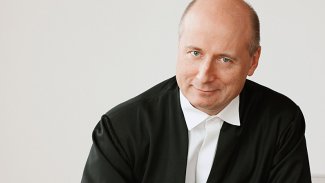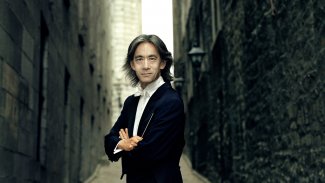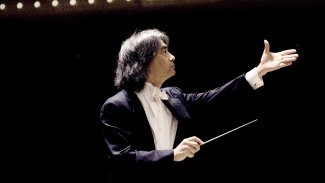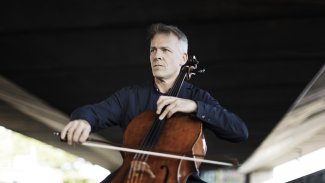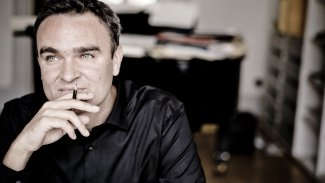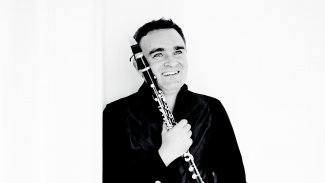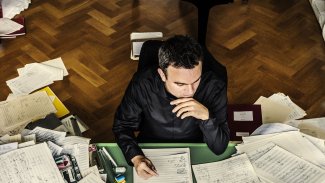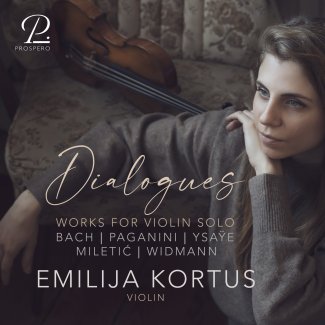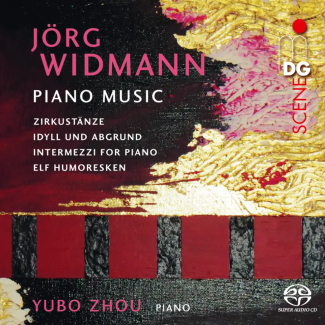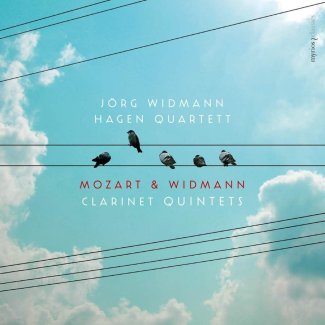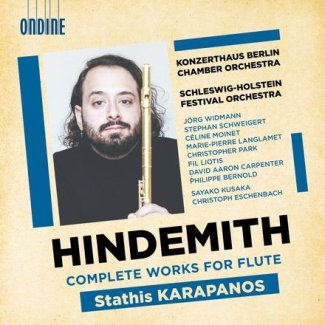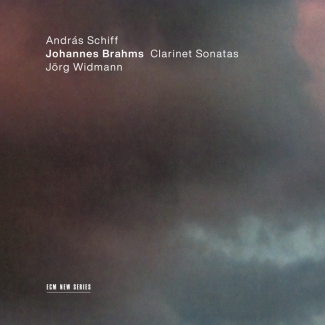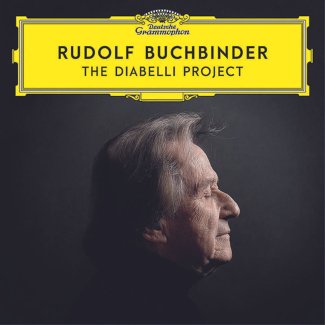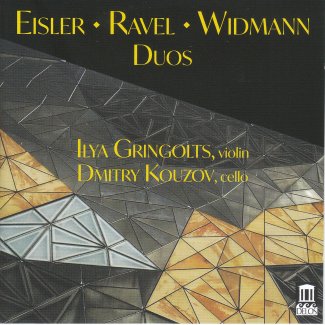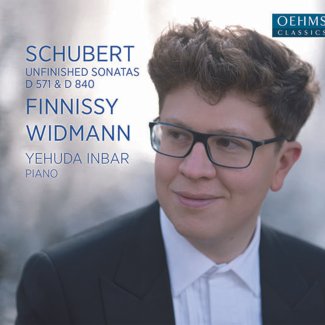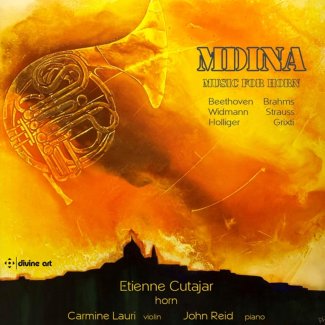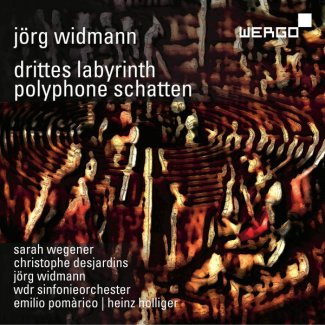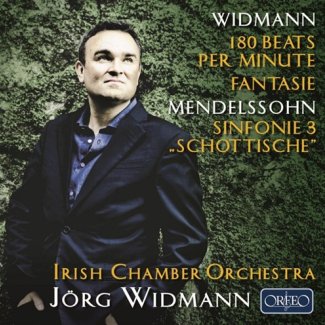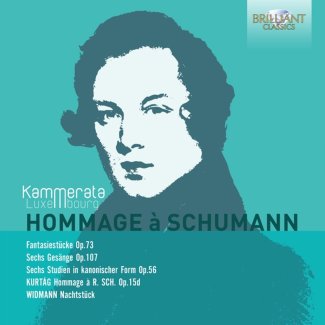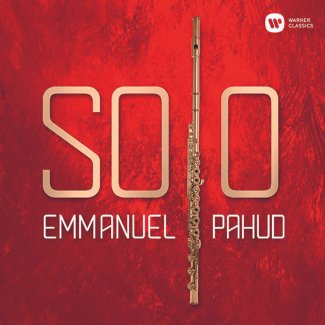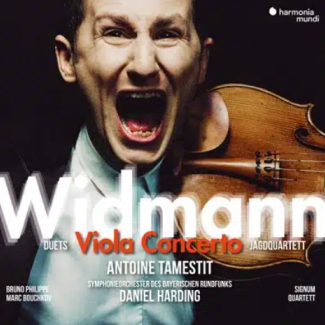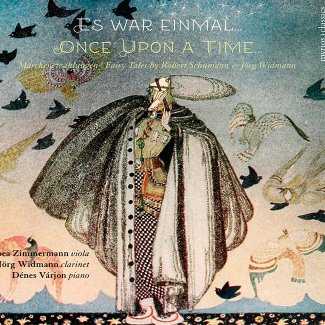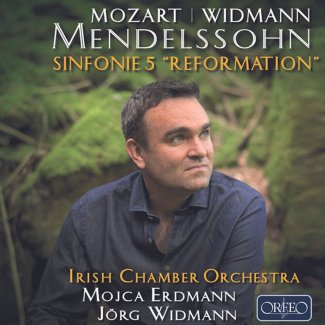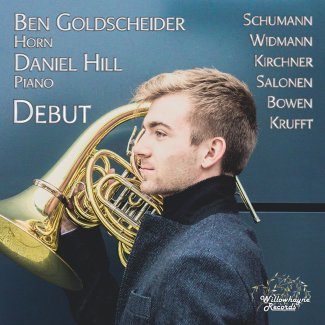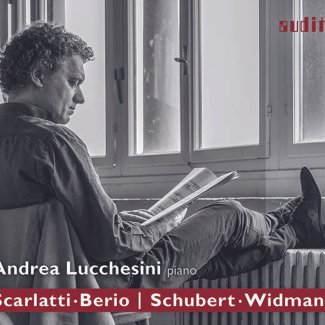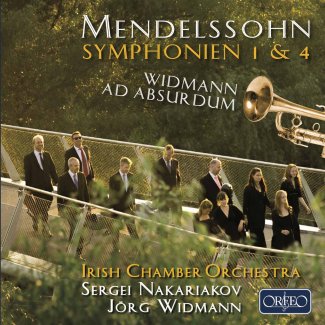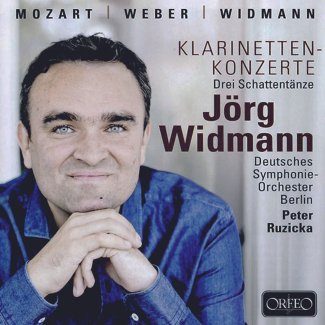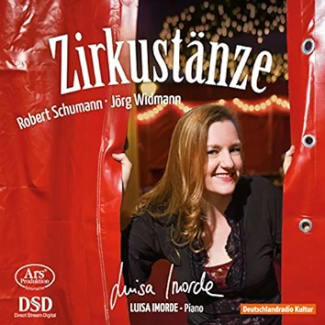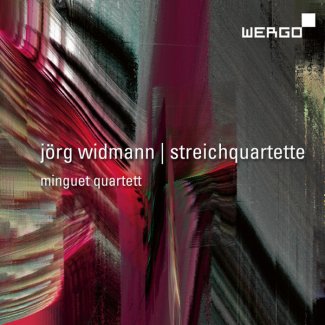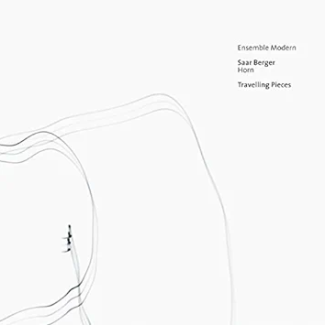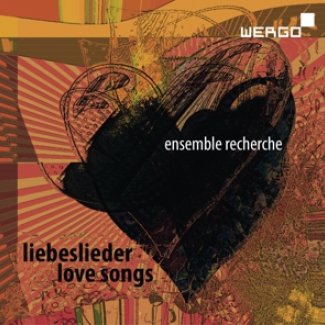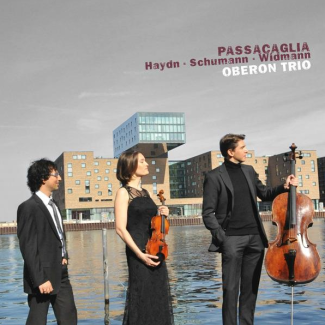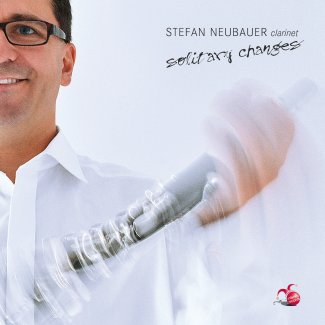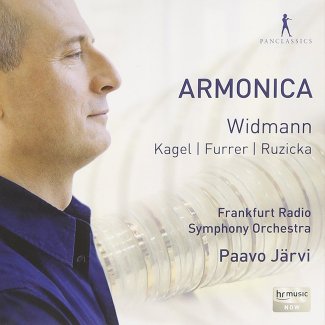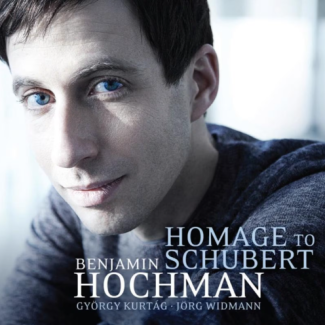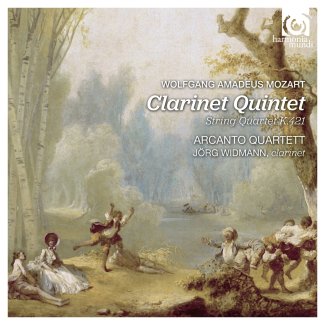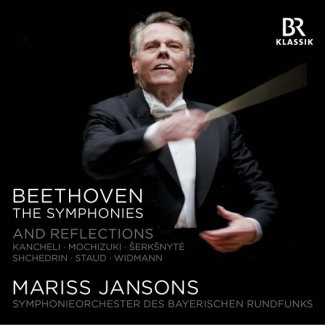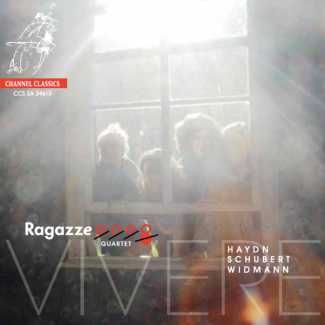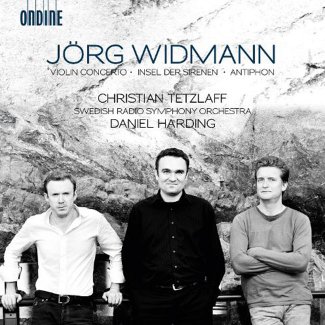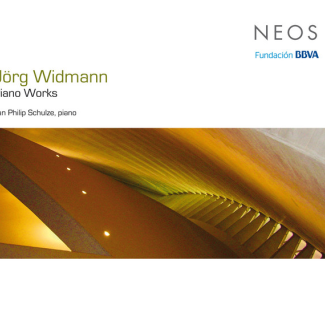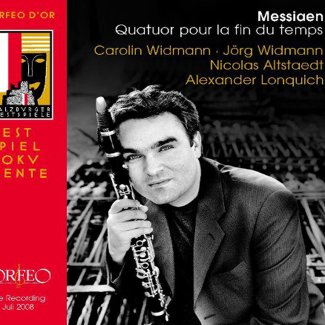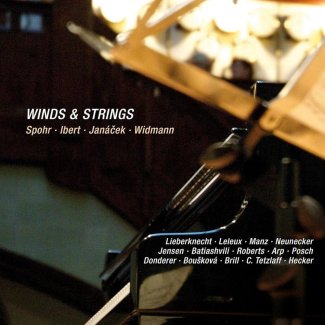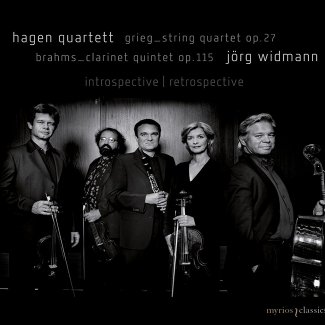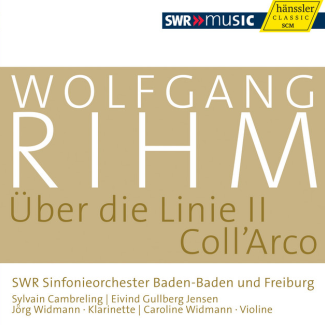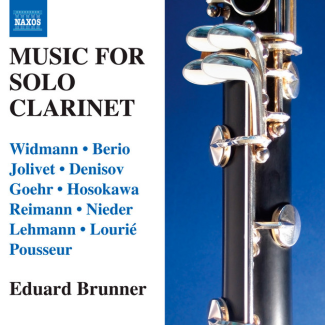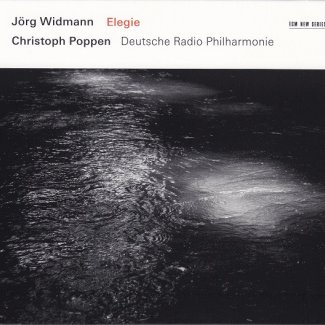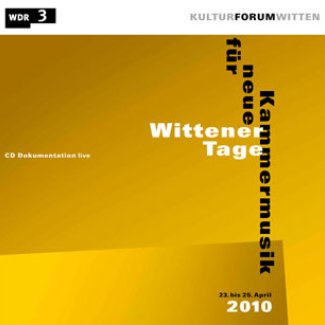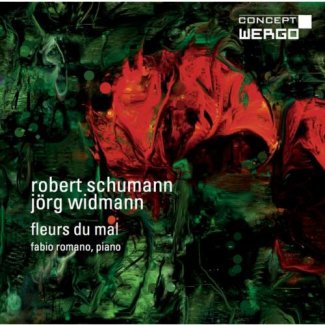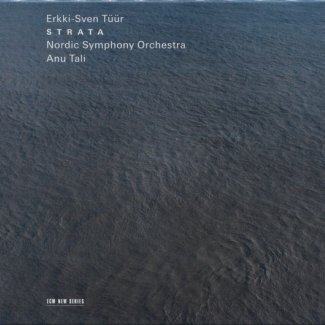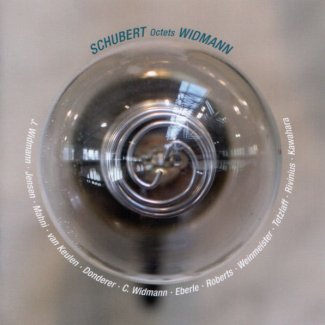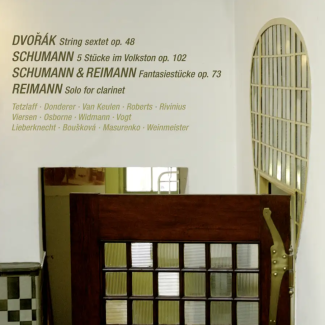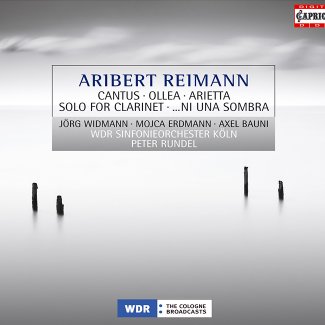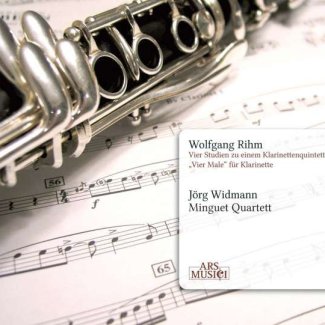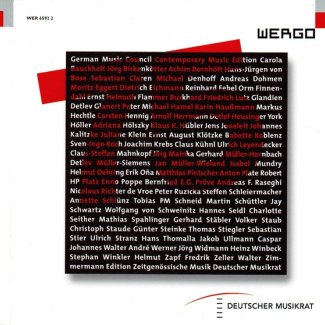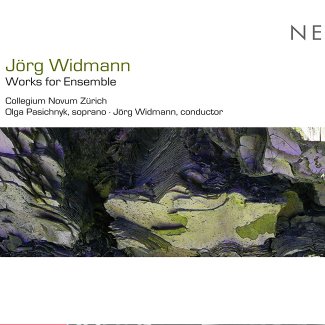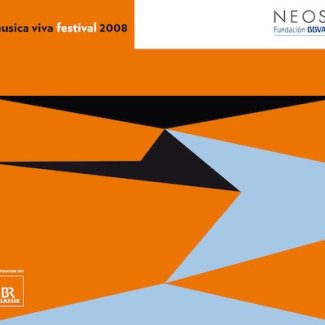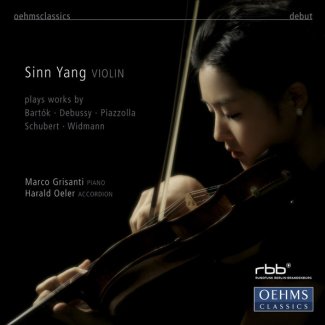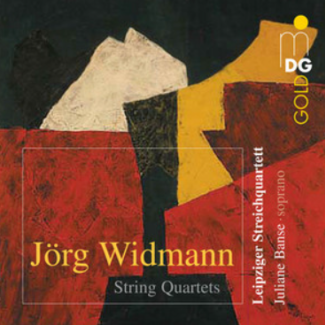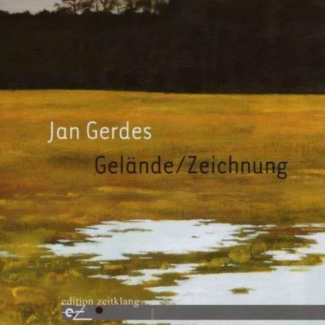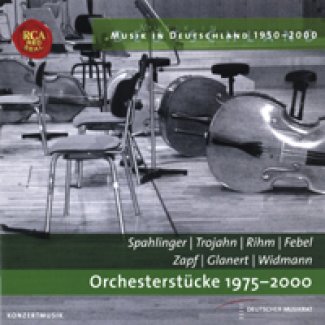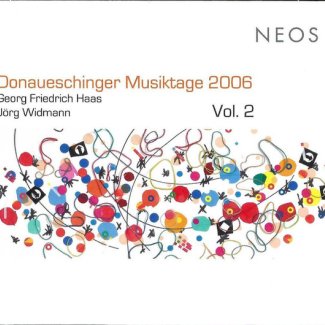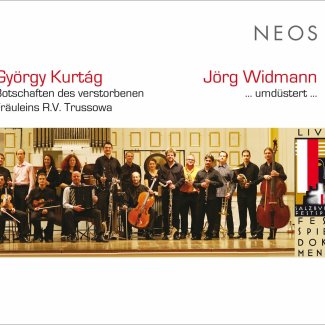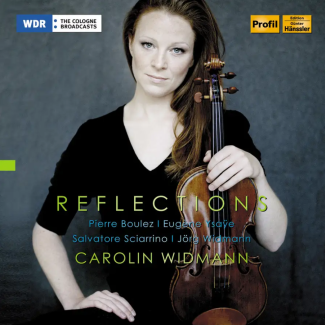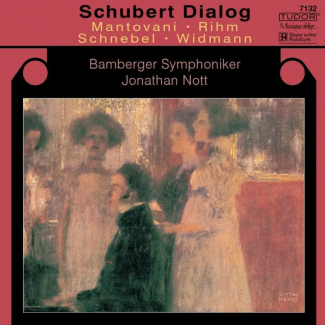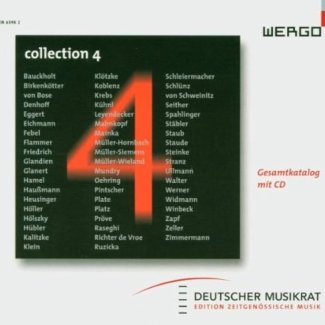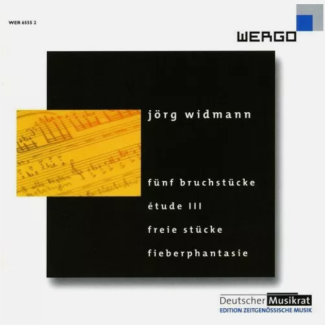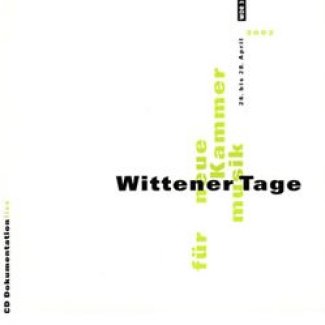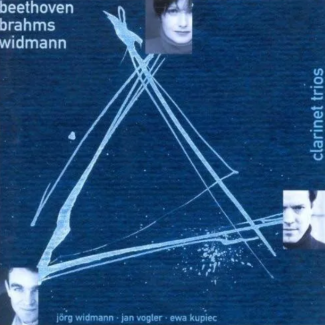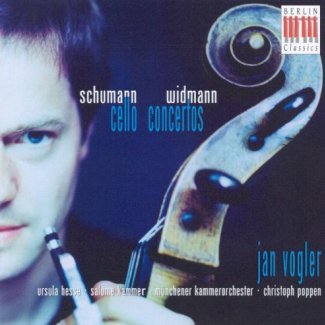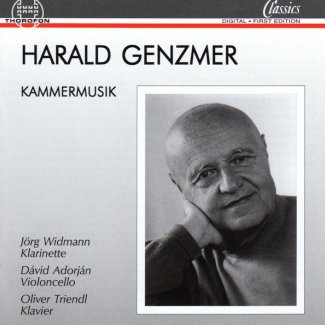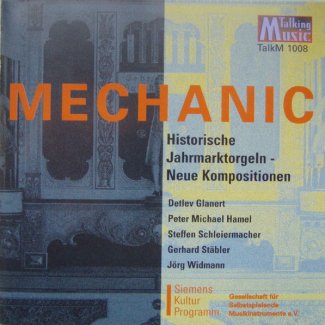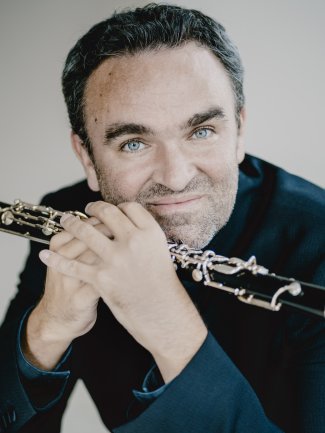
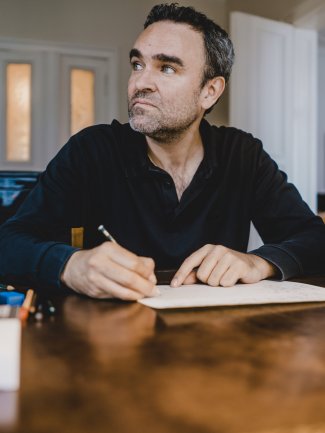
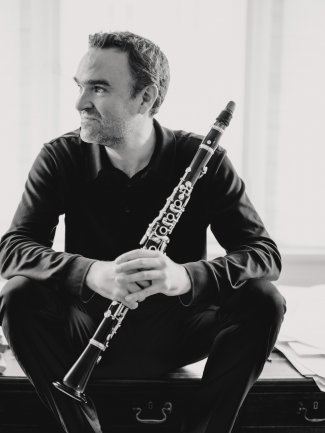
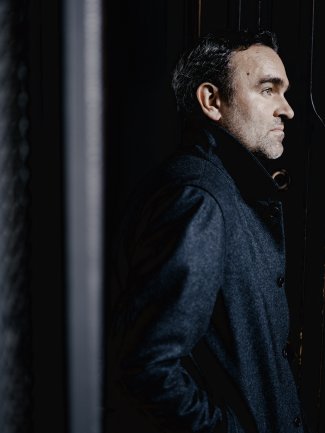
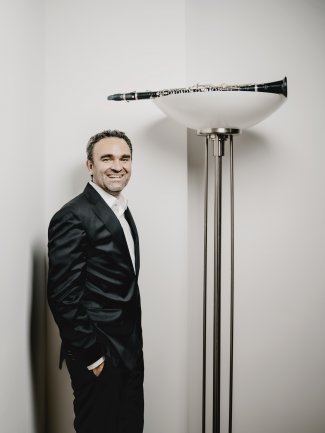
Jörg Widmann
Jörg Widmann is one of the most remarkable and versatile artists of his generation. From 2026 onwards, he will assume the position of Artistic Director of the Lucerne Festival Academy, which has been a central pillar in the field of contemporary music within the festival since its founding by Pierre Boulez in 2004. In the 2025/26 season, Jörg Widmann will be performing worldwide in all his facets as clarinettist, conductor and composer, including his third season as Principal Guest Conductor of the NDR Radiophilharmonie. He is also Associate Conductor of Münchener Kammerorchester and Artistic Partner of Sinfonietta Riga.
Following important engagements with the Seoul Philharmonic Orchestra and Orquesta y Coro Nacionales de España, one of the main focuses of the 2025/26 season will be on the United States: he will conduct the Cleveland Orchestra for the first time alongside the Atlanta Symphony and Detroit Symphony orchestras. Further guest conducting appearances see him work with Oslo Philharmonic, Finnish Radio Symphony Orchestra, Orchestre Philharmonique de Radio France, Radio Filharmonisch Orkest, National Symphony Orchestra Taiwan, Budapest Festival Orchestra and Bamberg Symphony Orchestra. In his capacity as Associate Conductor, he will tour South America with Münchener Kammerorchester.
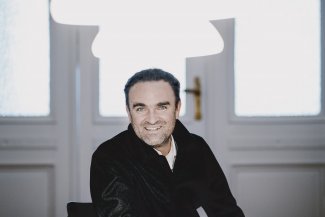
Show More
A highlight in February 2026 will be Olga Neuwirth’s clarinet concerto Zones of Blue, dedicated to Jörg Widmann, which he will premiere with the Symphony Orchestra of the Bavarian Radio and Sir Simon Rattle. Another facet will be the world premiere of Jörg Widmann’s new composition Jupiter-Etüde as part of the Mozart Festival in Würzburg in June 2026.
Long-standing chamber music partners such as Isabelle Faust, Pierre-Laurent Aimard, Carolin Widmann, Hagen Quartet, Signum Quartet and Amabile Quartet will perform with
Jörg Widmann at venues including Elbphilharmonie Hamburg, Philharmonie Essen, Muziekgebouw, Konzerthaus Wien, Auditorio Nacional de Música, Toppan Hall and Boulez Saal.
Widmann gave the world premiere of Mark Andre’s Clarinet Concerto über at the Donaueschinger Musiktage 2015. Other clarinet concertos dedicated to and written for him include Wolfgang Rihm’s Musik für Klarinette und Orchester (1999) and Aribert Reimann’s Cantus (2006).
His compositions are performed regularly by conductors such as Daniel Barenboim, Daniel Harding, Kent Nagano, Franz Welser-Möst, Christian Thielemann, Iván Fischer, Andris Nelsons and Sir Simon Rattle and premiered by orchestras as Wiener and Berliner Philharmoniker, New York Philharmonic, Concertgebouw Orchestra Amsterdam, Cleveland Orchestra, Orchestre de Paris, London Symphony Orchestra, and many others. Jörg Widmann was Composer in Residence with Berliner Philharmoniker during the 2023/24 season. The residency culminated in the world premiere of his Concerto for Horn with Stefan Dohr as soloist and Berliner Philharmoniker conducted by Sir Simon Rattle.
Jörg Widmann studied clarinet with Gerd Starke in Munich and Charles Neidich at the Juilliard School in New York and later became himself Professor of Clarinet and Composition, first at University of Music Freiburg and since 2017 as Chair Professor for Composition at the Barenboim-Said Academy Berlin. In June 2024 Jörg Widmann was named a member of The Royal Swedish Academy of Music in consideration of his merits to musical art. He is a fellow of the Institute for Advanced Study in Berlin and a full member of the Bavarian Academy of Fine Arts, Free Academy of the Arts in Hamburg (2007), German Academy of Dramatic Arts and Academy of Sciences and Literature Mainz (2016) and received an Honorary Doctorate from University of Limerick, Ireland in February 2023. In July 2025, Jörg Widmann was elected President of the International Max-Reger-Society.
He studied composition with Kay Westermann, Wilfried Hiller, Hans Werner Henze and Wolfgang Rihm. His works continue to receive many awards, most recently Bach-Preis der Freien und Hansestadt Hamburg, as well as Musikpreis der Landeshauptstadt München.
Contacts
Katharina Dziersk Assistant Artist Manager Jasper Parrott Executive Chairman HP Group & Associated Companies Sabine Frank Senior Director, Co-Head of Artist Management | Managing Director HP Munich | Head of International Offices
worldwide general management
Katharina Dziersk Assistant Artist Manager Jasper Parrott Executive Chairman HP Group & Associated Companies Sabine Frank Senior Director, Co-Head of Artist Management | Managing Director HP Munich | Head of International Offices
worldwide general management
Jasper Parrott Executive Chairman HP Group & Associated Companies Sabine Frank Senior Director, Co-Head of Artist Management | Managing Director HP Munich | Head of International Offices
Sabine Frank Senior Director, Co-Head of Artist Management | Managing Director HP Munich | Head of International Offices
worldwide general management
“But what makes him so irresistible as a composer and performer alike is the hefty dose of sheer joy in what he does: the pleasure of vital, visceral musicality that promises to bind together classical music of the past and present – and forge a way into the future.”
“He’s a smiling, buoyant presence on stage, responding to each section of the orchestra in turn, locking eyes as well as semiquavers with the strings, and moulding melodies and passagework alike with a lithe, transparent tone. This was one of the least indulgent Mozart clarinet concertos I’ve heard, and its special grace lay in the unforced way Widmann, Gražinytė-Tyla and the orchestra played off each other.”
“Widmann had a weight of expression with a lightness of manner while playing Brahms, Berg, and Schumann that was captivating, exciting the mind and touching the heart. The Berg and Schumann pieces share qualities of each composer’s vocal music; Berg’s Op. 5 seemed a twin in color and expressive quality to his Sieben frühe Lieder, and the Fantasiestücke echoed the likes of Dichterliebe. Widmann’s clarinet sang like a great vocalist.”
“Jörg Widmann’s five string quartets make up a kind of meta quartet – a massive web of musical dialectics that celebrate, explode and generally redefine the genre’s lofty, loaded heritage. No other contemporary composer has grappled with quartet form quite so intelligently or so probingly. It’s astoundingly virtuosic stuff, mentally and musically, and jaw-droppingly beautiful at times: just listen to the gossamer-fine and haunting textures of the fourth quartet, or the stark violence that ends the third.”
“Tuesday’s performance featured Germany’s lively and engaging Jörg Widmann, a welcome presence whether as composer, clarinettist or conductor…Throughout he displayed masterfully fluid tone control over every register, from the highest cloud-covered peak to the lowest velvet burblings.”
We use cookies to offer a better website experience.
